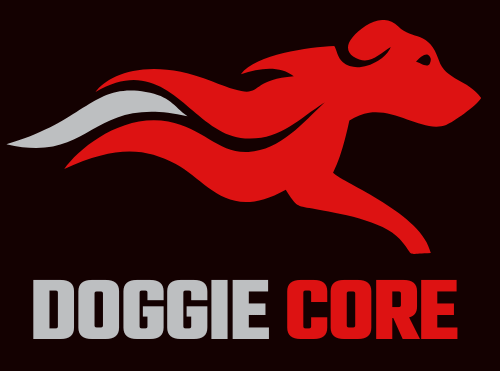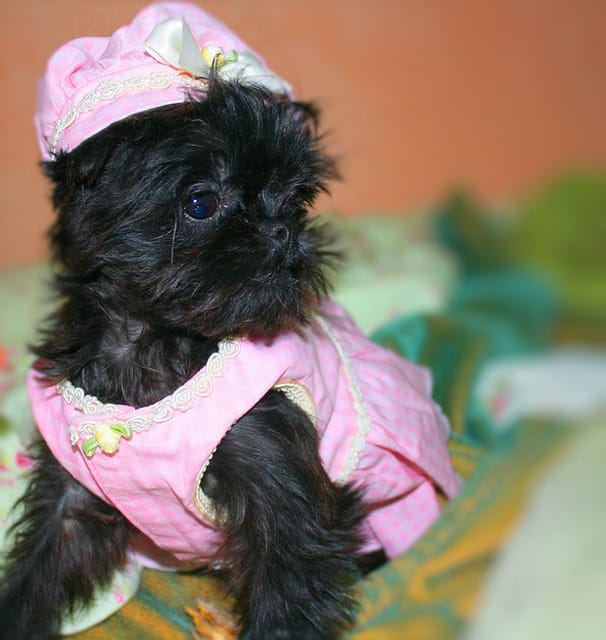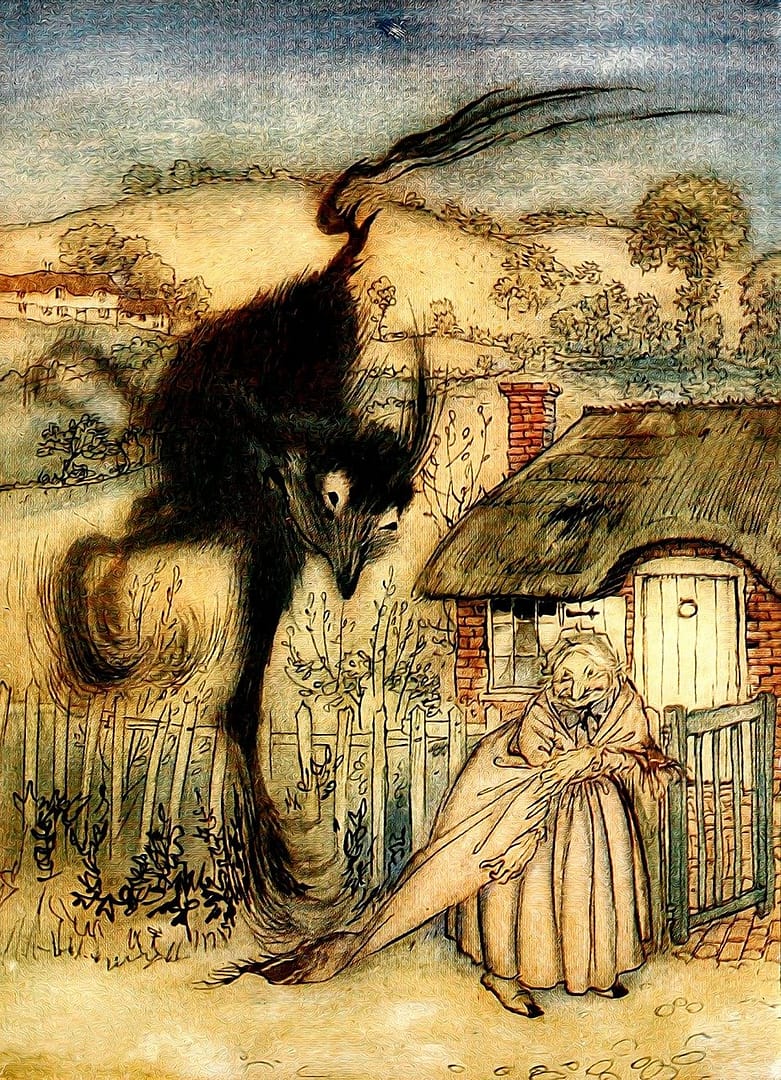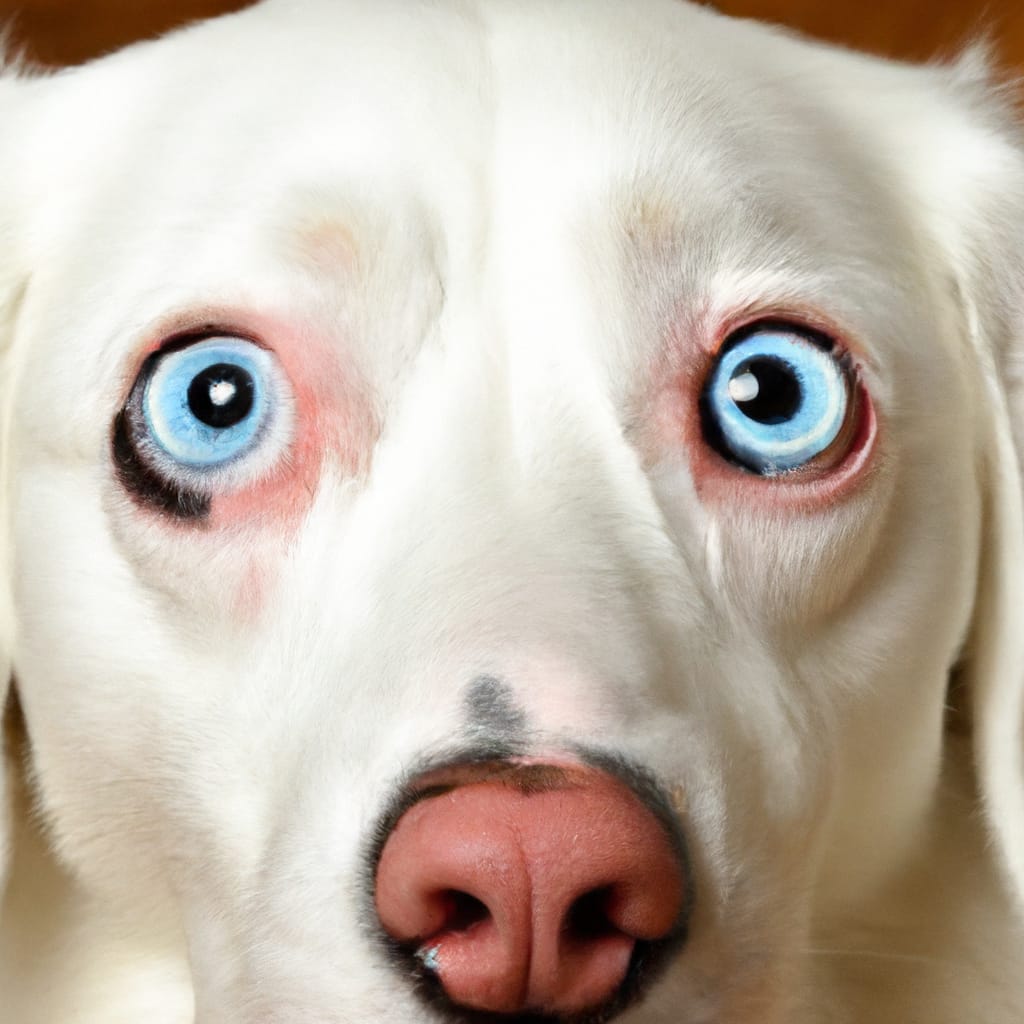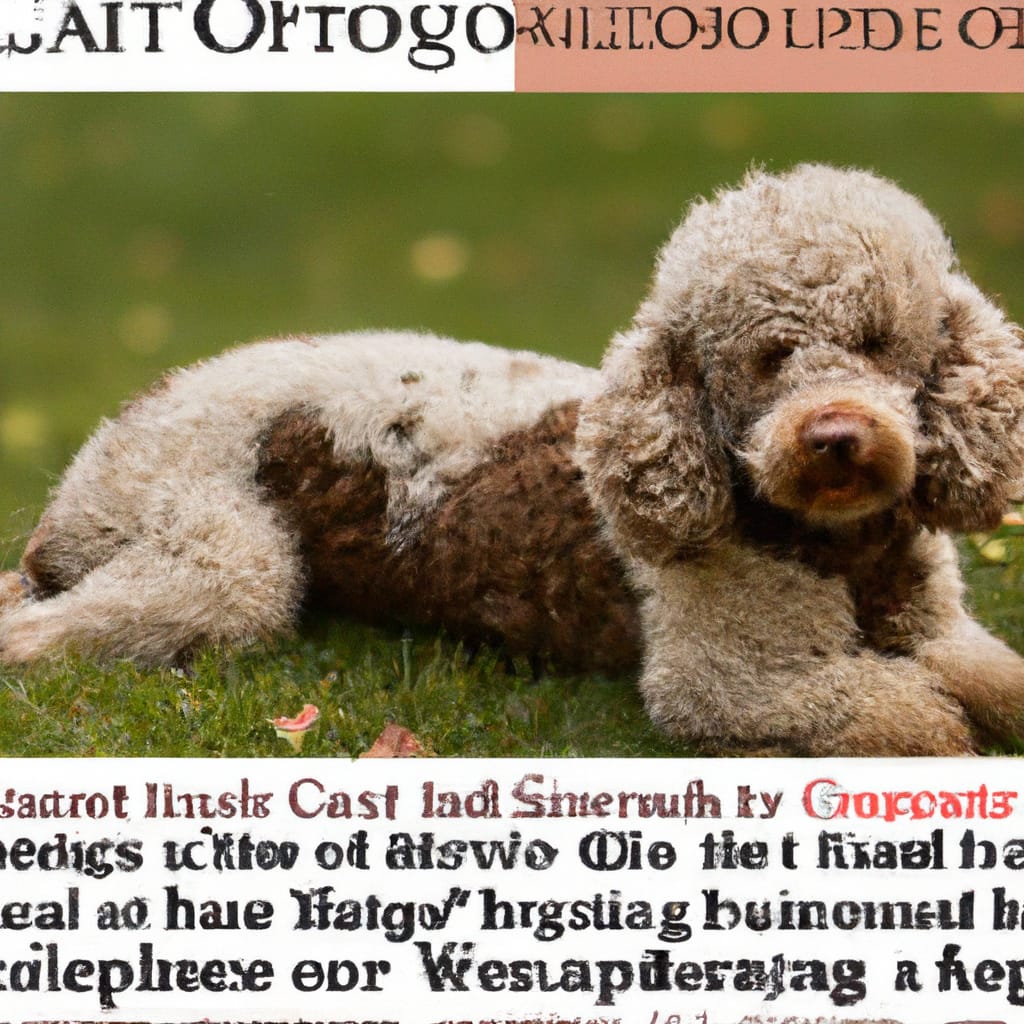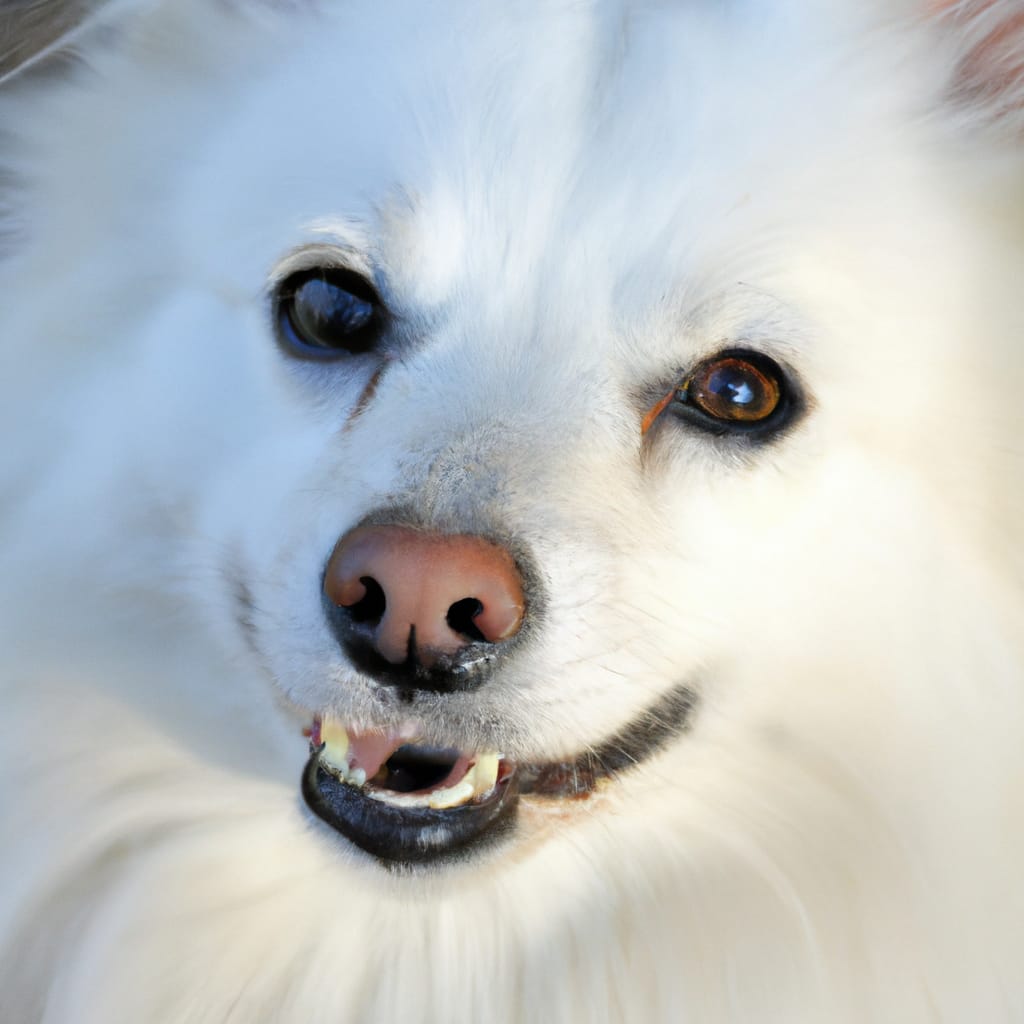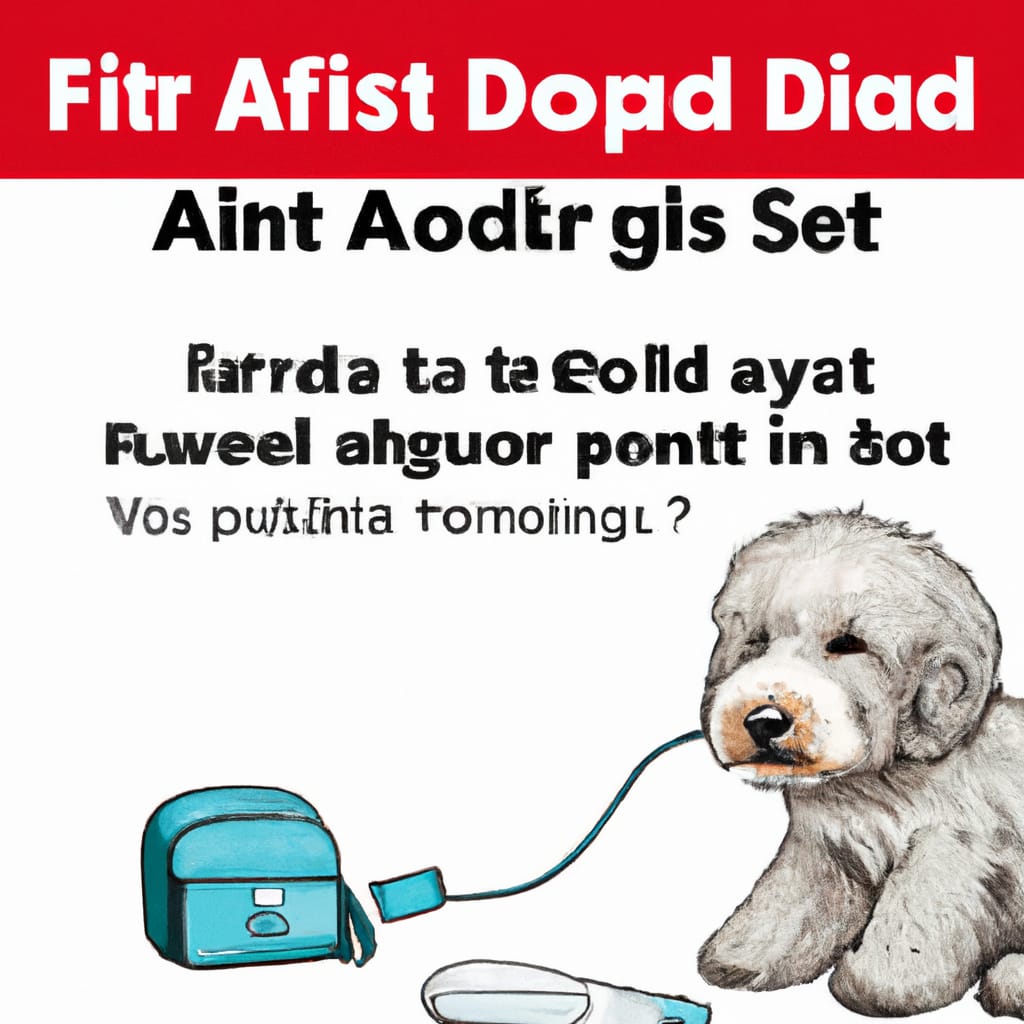Brussels Griffon Dog Breed Pros And Cons
Brussels Griffon dog breed, known for its adorable and expressive face, is a delightful companion for any dog lover. In this article, you will discover the pros and cons of owning a Brussels Griffon. From their affectionate nature and high intelligence to their tendency for stubbornness and potential health issues, find out all you need to know about this unique and lovable breed before bringing one into your home. Whether you are considering adopting a Brussels Griffon or simply curious about this charming breed, read on to uncover the advantages and disadvantages of welcoming this delightful little canine into your life.
Appearance
Small and sturdy build
The Brussels Griffon is a small and sturdy breed, typically weighing around 8-12 pounds. Despite their small size, they have a robust build, with a well-developed chest and strong legs. This breed is perfect for those who prefer a compact and portable dog that can easily fit into a lap or be carried around. Their small build also means they require less space, making them suitable for both small apartments and larger homes.
Distinctive facial features
One of the most striking features of the Brussels Griffon is its unique and expressive face. Their large, round eyes, set wide apart, give them an innocent and endearing expression. Combined with their big, black nose and high-set ears, the Griffon’s face is truly captivating. This breed’s distinctive facial features often make them the center of attention wherever they go, as they attract people with their adorable looks.
Variety of coat types
The Brussels Griffon comes in two coat varieties: rough and smooth. The rough-coated Griffons have a dense and wiry coat that requires regular brushing to prevent matting. On the other hand, smooth-coated Griffons have a short and sleek coat that is low-maintenance and requires less grooming. Both coat types have their unique charm and appeal, allowing you to choose the one that suits your preference and lifestyle.
Temperament
Loyal and affectionate
Brussels Griffons are known for being incredibly loyal and affectionate towards their owners. They form strong bonds with their family members and are always eager to please. Whether you’re lounging on the couch or going for a walk, they are at their happiest when they are by your side. Their loyalty also makes them excellent watchdogs, as they will alert you if they sense any potential threats or unfamiliar noises.
Intelligent and trainable
With their high level of intelligence, Brussels Griffons are quick learners and are highly trainable. They are known to excel in obedience training and can easily learn a wide range of commands and tricks. Their intelligence also makes them adept at problem-solving, as they can figure out puzzles and toys designed to challenge their minds. However, it’s important to use positive reinforcement techniques when training this breed, as they can be sensitive to harsh methods.
Can be stubborn at times
While Brussels Griffons are generally intelligent and eager to please, they can also be quite stubborn at times. This stubbornness is a common trait amongst small dog breeds and should be understood and managed with patience and consistency. With clear boundaries and positive reinforcement, the Griffon’s stubborn streak can be overcome, making them a well-behaved and obedient companion.
Exercise Needs
Moderate exercise requirements
The Brussels Griffon is a breed that has moderate exercise needs. They enjoy daily walks to help them burn off energy and maintain their overall well-being. A couple of short walks throughout the day, combined with some playtime, usually suffices. Despite their small stature, they still have the stamina to keep up with moderate exercise, but excessive exercise or long-distance running is not recommended, as it can put strain on their joints and cause fatigue.
Enjoy short walks and playtime
While Brussels Griffons do not require excessive amounts of exercise, they do enjoy short walks and playtime. Taking them for regular walks not only provides physical exercise but also mental stimulation as they explore their surroundings. Additionally, engaging in playtime activities such as fetch or tug-of-war can help them burn off excess energy in a fun and interactive way, ensuring they remain happy and healthy.
Not suitable for long-distance running
Due to their small size and brachycephalic features, Brussels Griffons are not well-suited for long-distance running. Their short muzzle can make it challenging for them to breathe efficiently during strenuous physical activity, potentially leading to respiratory issues. It is important to prioritize their health and well-being by engaging in low-impact exercises that won’t overexert them.
Health Concerns
Respiratory and breathing issues
As mentioned earlier, Brussels Griffons are a brachycephalic breed, meaning they have a shortened skull and flat face. This characteristic can make them more prone to respiratory and breathing issues, such as snoring, wheezing, and difficulty breathing in certain situations. It’s essential to provide them with a cool and well-ventilated environment, avoid strenuous exercise, and prevent any exposure to extreme temperatures to minimize the risk of respiratory problems.
Eye problems
Another health concern in Brussels Griffons is their susceptibility to eye problems. Due to their prominent eyes, they are more prone to eye conditions such as dry eyes, corneal ulcers, and cherry eye. Regular eye examinations by a veterinarian, proper eye care, and prompt attention to any signs of discomfort or abnormalities are crucial in maintaining their ocular health.
Dental and oral health
Like many small breeds, Brussels Griffons are prone to dental issues such as dental plaque buildup, gum disease, and tooth loss. Regular dental care, including daily brushing with a dog-friendly toothpaste and scheduled dental cleanings performed by a veterinarian, is essential to prevent these dental problems. Providing them with appropriate chew toys can also aid in keeping their teeth clean and healthy.

Grooming Requirements
Regular brushing to prevent matting
If you choose a rough-coated Brussels Griffon, regular brushing is necessary to prevent matting and keep their coat in good condition. Aim to brush their coat at least two to three times a week using a slicker brush or a pin brush to remove loose hair and prevent tangles. This grooming routine not only keeps their coat looking neat and tidy but also helps distribute natural oils, keeping their skin healthy.
Frequent cleaning of facial wrinkles
Brussels Griffons have adorable facial wrinkles that are not only charming but also require regular cleaning to avoid any potential skin issues. These wrinkles trap moisture, debris, and bacteria, making them prone to infections. Using a damp cloth or pet-safe wipes, gently clean their facial folds, paying close attention to the areas around their eyes and nose. Keeping their facial wrinkles clean and dry will help prevent any skin irritations or infections from developing.
May require professional grooming
While smooth-coated Brussels Griffons have lower grooming requirements, rough-coated Griffons may benefit from occasional professional grooming. A professional groomer can trim their coat, especially around the paws and face, to maintain a neat and tidy appearance. Additionally, a groomer can provide specialized care, such as anal gland expression and nail trimming, which can be challenging to perform at home.
Suitability for Families
Suitable for families with older children
Brussels Griffons can be a great addition to families with older children who understand how to interact with small dogs in a gentle and respectful manner. Their sturdy build and affectionate nature make them playful and loving companions for children who can handle them with care. However, it is important to supervise interactions between young children and small dogs to ensure everyone’s safety and well-being.
May be wary of strangers
While Brussels Griffons are loyal and loving towards their family, they may exhibit wariness or aloofness towards strangers. Early socialization and positive exposure to different people, environments, and situations are crucial in reducing their suspiciousness and helping them become more accepting of new individuals. With proper socialization, they can learn to differentiate between genuine threats and harmless encounters, becoming friendlier and more open to strangers.
Requires socialization from an early age
Socialization is a vital aspect of raising a well-rounded and confident Brussels Griffon. Exposing them to a variety of people, animals, sounds, and environments from a young age helps them develop into sociable and adaptable dogs. Enrolling them in puppy socialization classes, arranging playdates with other vaccinated dogs, and introducing them to different situations gradually will aid in their social development.
Compatibility with Other Pets
Can get along well with other dogs
Brussels Griffons generally get along well with other dogs, especially when they are properly socialized from a young age. Early exposure to other dogs and positive experiences in multi-dog settings can help them develop good canine manners and ensure they are comfortable and well-adjusted around their four-legged companions.
May have a high prey drive towards small animals
Due to their terrier heritage, some Brussels Griffons may have a high prey drive towards small animals such as rodents, birds, or even small-sized cats. It is important to closely supervise interactions between your Griffon and smaller pets, and never leave them unattended. Early socialization and training can help mitigate any potential issues and establish appropriate boundaries.
Early socialization is key
When introducing a Brussels Griffon to other pets, whether they are dogs, cats, or other small animals, early socialization is key. Gradually expose them to different animals in a controlled and positive environment, using reward-based training methods. With proper socialization and guidance, Brussels Griffons can happily coexist with other pets, enriching their lives and providing them with companionship.
Apartment Living
Well-suited for apartment living
The Brussels Griffon is an excellent breed choice for apartment living. Their small size, moderate exercise needs, and adaptability make them well-suited for smaller living spaces. As long as they receive their daily exercise requirements and mental stimulation, they can thrive in an apartment environment. However, it is crucial to note that regular potty breaks and access to outdoor spaces are necessary for their well-being.
Barks at unfamiliar noises or visitors
Like many small breeds, Brussels Griffons have a tendency to be alert and vocal. They may bark at unfamiliar noises or visitors, as they are naturally protective of their loved ones and their territory. Early training and socialization can help manage excessive barking and teach them appropriate behaviors. It’s essential to provide them with a calm and quiet environment, especially in apartment living situations, to minimize any disturbances for both your Griffon and your neighbors.
Requires mental stimulation
Although Brussels Griffons have moderate exercise needs, they also thrive on mental stimulation. This breed is intelligent and enjoys engaging in activities that challenge their minds. Interactive toys, puzzle games, and obedience training sessions are all great ways to keep their brains active and prevent boredom. Mental stimulation is particularly important in apartment living, where access to outdoor spaces may be limited. Providing them with various mentally stimulating activities will keep them content and prevent any destructive behaviors that may result from boredom.
Training and Intelligence
Quick learners and eager to please
Brussels Griffons are known for their intelligence and eagerness to please their owners. This combination makes them quick learners when it comes to training. They enjoy engaging with their humans and thrive on positive reinforcement techniques such as treats, praise, and play. Using rewards-based training methods and keeping training sessions short and fun will keep them motivated and focused, resulting in successful training outcomes.
May be challenging to housebreak
While Brussels Griffons are intelligent and trainable, they can be challenging to housebreak. Some individuals within this breed may be stubborn or have difficulty grasping the concept of potty training. Consistency, patience, and positive reinforcement are crucial when it comes to housebreaking a Brussels Griffon. Establishing a regular potty schedule, rewarding them for going in the appropriate spot, and minimizing accidents through diligent supervision will aid in successful house training.
Respond well to positive reinforcement
Positive reinforcement is the most effective training method when it comes to Brussels Griffons. They thrive on praise, treats, and play as rewards for good behavior. Harsh training methods or punishment-based techniques can be counterproductive and may negatively impact their trust and willingness to learn. By using positive reinforcement, you can build a strong bond with your Griffon and create a positive and cooperative training experience.
Travel and Separation Anxiety
May experience separation anxiety
Brussels Griffons are known for their strong attachment to their owners, which can sometimes lead to separation anxiety when left alone. They prefer to be in the company of their family members and may become stressed or anxious when separated from them. It’s important to gradually acclimate them to being alone, using positive reinforcement and short separation periods. Providing them with engaging toys, comfort items, and a safe space can also help alleviate separation anxiety.
Require mental stimulation during travel
When traveling with a Brussels Griffon, it’s important to provide them with mental stimulation to keep them occupied and calm. Bringing along their favorite toys, treats, and interactive puzzles can help divert their attention from the unfamiliar surroundings and reduce any anxiety they may experience during travel. Engaging them in play or training activities during the journey can also help keep their minds stimulated and make the travel experience more enjoyable for both you and your Griffon.
May not do well with long periods of solitude
Due to their strong attachment to their owners and their sociable nature, Brussels Griffons may not do well with long periods of solitude. They thrive on companionship and can become anxious or develop destructive behaviors when left alone for extended periods. If you have a busy schedule or need to be away for long periods, it’s important to provide appropriate mental stimulation, consider hiring a pet sitter or doggy day care, or even consider adopting a second dog as a companion to help alleviate their potential anxiety.
In conclusion, the Brussels Griffon is a delightful breed with distinct appearance features, a loyal and affectionate temperament, and moderate exercise needs. While they require regular grooming and have some health concerns to be mindful of, they make excellent companions for families with older children. With proper socialization, they can get along well with other pets, and their adaptability makes them well-suited for apartment living. With their intelligence and eagerness to please, they respond well to positive reinforcement training techniques, although housebreaking may require additional patience. When traveling or during periods of separation, mental stimulation and gradual acclimation are key to ensuring their well-being and minimizing anxiety. Overall, the Brussels Griffon brings an abundance of love, entertainment, and charm to any household willing to open their hearts to this exceptional breed.
